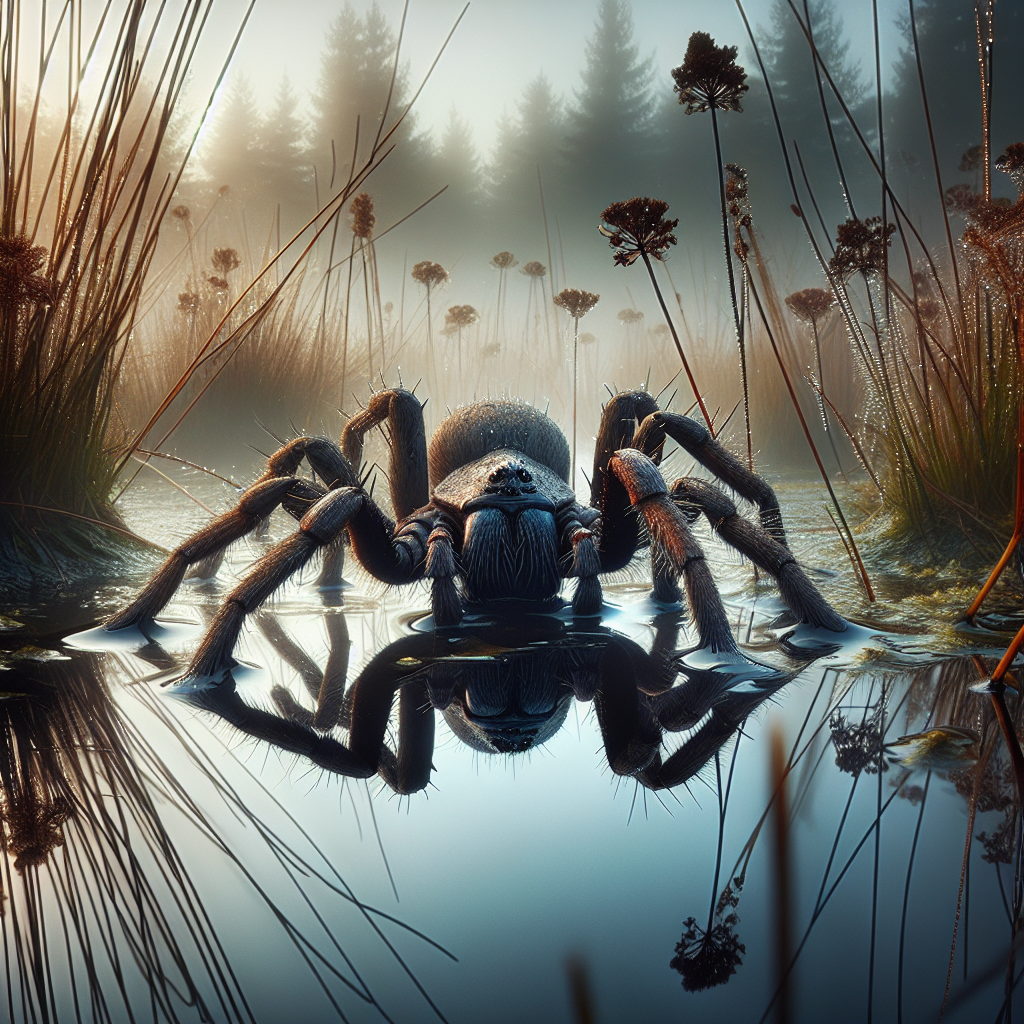Listen to this post: Fen Raft Spider: Nature’s Ruthless Predator Revealed
Analysis
The recent spotlight on the fen raft spider not only sheds light on an overlooked species but also signals a shifting trend in how both the public and conservationists view biodiversity. As climate change and urban sprawl increasingly threaten delicate ecosystems, niche species like the fen raft spider become valuable indicators of environmental health.
So, why all the fuss about a spider? As one of the UK’s largest spiders and a top predator in its specific ecological niche, the fen raft spider plays a vital role in controlling aquatic insect populations. Its presence is a sign of a healthy, functioning wetland—a habitat type that is rapidly disappearing in the UK.
According to wildlife expert Dr. Rachel Milton of Wetlands UK:
The fen raft spider’s return is a win for biodiversity. It proves that with the right interventions, even the most specialized species can bounce back.
Dr. Rachel Milton, Wetlands UK
Conservationists are now adopting more targeted reintroduction tactics. By using GPS data, water quality measures, and strategic planting of vegetation, specialists create spider-friendly environments that help the population thrive. This scientific rigor is changing how all endangered species are being reintroduced.
Additionally, public awareness campaigns, like those supported by the British Arachnological Society, are challenging traditional spider phobias. Showcasing spiders like the fen raft as ecological heroes shifts narratives and may even lead to increased funding and support for similar conservation projects.
Future predictions? If current conservation efforts continue, experts forecast that the fen raft spider could soon be reclassified from endangered to “vulnerable,” a significant step forward. Additionally, public fascination could inspire more in-depth studies on spider behavior and wetland ecosystems overall.
The fen raft spider’s story is a reminder that nature’s fiercest predators don’t always roar—they float silently across a country pond, waiting patiently for the ripple that means dinner.













